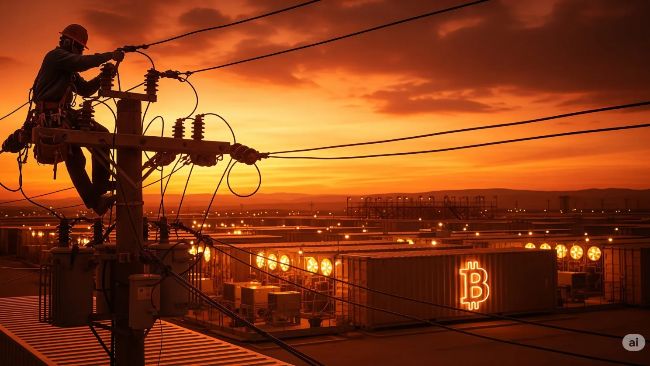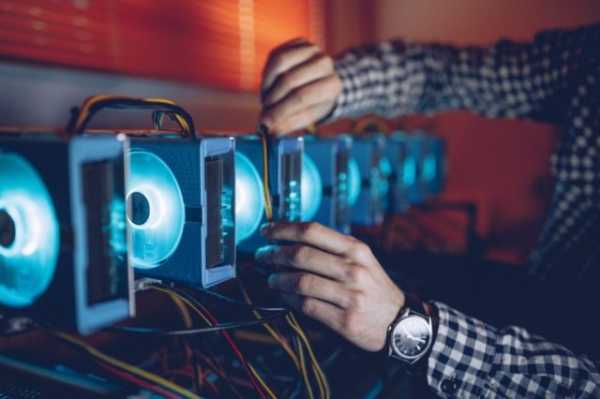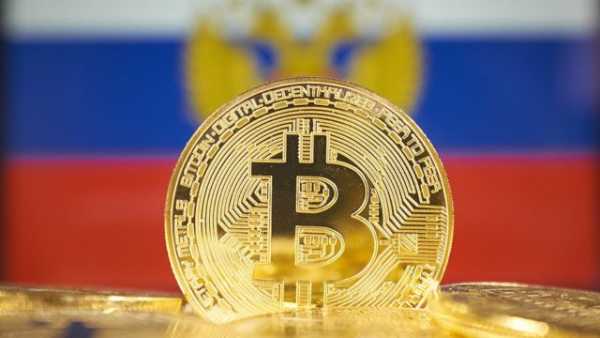Bitcoin Mining Is the Rebirth of a Working Class Hero

Many people view Bitcoin as just another asset: buy it, put it in cold storage, and wait. Simple, right?
This is what Bitcoin looks like from a white-collar perspective: clean, polished, and abstract. Perfect for quarterly reports and portfolio charts.
But here’s the truth: Bitcoin mining is dirty. It’s noisy. It’s tangible. Bitcoin mining is about energy and infrastructure. It’s about working on the ground, not in an office.
Miners don't just store bitcoins. They create them.
And this often ignored truth is much more significant than most people realize.
I have experienced both sides
Before I got into mining, I was deeply involved in solar energy. I built models, developed forecasts, and negotiated with clients. I knew the spreadsheets by heart. But it wasn’t until I was on rooftops in the blazing California sun with a team, battling weather, deadlines, and supply chain disruptions that I realized what really mattered.
The panels weren't installed by a spreadsheet, but by working groups. They were the ones who made it happen.
Bitcoin mining is no different.
Now I’m back in the dual role of meeting leader and site walker. I was at our Paraguay facility, surrounded by hydropowered ASIC rigs humming like jets, steam rising from heat exchangers, churning out hashrate at an incredible rate. I watched as technicians worked through the night troubleshooting because if they didn’t, we wouldn’t be able to mine a single block.
Bitcoin doesn't fall from the sky. It's created from labor .
Bitcoin Mining and Holding: Two Worlds
The Bitcoin community is large. Since 2020, many have entered the space through financial channels. They discuss ETFs, charts, and cycles. They are looking for entry into the market, returns, and protection from traditional finance.
But Bitcoin is not just a theory; it is thermodynamics. It is not just sovereignty; it is sovereignty achieved through proof of work. Miners do not just argue about decentralization. They live it.
Miners have a unique ability to understand scarcity because they see first-hand how difficult it is to mine even one satoshi. It’s not just income. It’s sweat, capital, and thermodynamics — every day.
Bitcoin is based on physics. It relies on energy. It is supported by those who cannot afford the luxury of abstraction.
Historically, blue-collar jobs have tended to transition to comfortable white-collar jobs. But Bitcoin could change that scenario.
What if the time has come for white-collar workers to start valuing physical contribution again—to roll up their sleeves and get involved not just financially but literally?
This could be the rebirth of the working class hero.
Norway, Paraguay and the Importance of Beliefs
I have seen this in both hemispheres.
When I visited, Norway was undramatic, just clear skies and the quiet power of hydroelectric power plants feeding the miners. That’s the beauty of it: real infrastructure doesn’t require theatrics.
While I was at our site in Paraguay, the team was deep in problem solving, troubleshooting power outages and moving rigs to maximize uptime—no storms, no sensational headlines, just the kind of problem solving that never shows up on Twitter.
When I talk about conviction, I mean people who are willing to reconfigure panels in the dark, in the heat or the cold, because they know that this work keeps Bitcoin alive.
These men and women are not traders. They are not portfolio managers. They are network managers.
Why Bitcoin Mining Is So Important
This is not just a romantic concept. It has real consequences. When Bitcoin is tested — when energy prices soar, regulators become more aggressive, or liquidity dries up — it will not be financial experts who defend it, but miners.
They adapt.
They will change.
They will work harder.
And they will do it because they don't just believe in Bitcoin – they have invested in their existence .
This is where white-collar Bitcoiners need to think about changing their thinking.
We don't just need miners to secure Bitcoin. We need more miners to mine. The more people who invest in the base layer, the faster we can implement fiat incentives and create a Bitcoin-based economy.
There is a moral aspect to this: if you understand the power of Bitcoin to change the world, then perhaps you do more than just own it
Source: cryptonews.net



